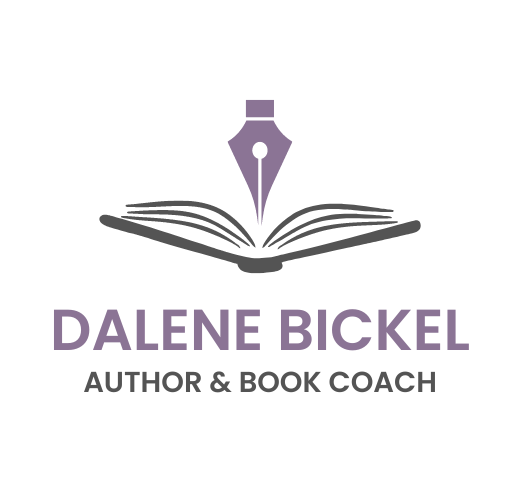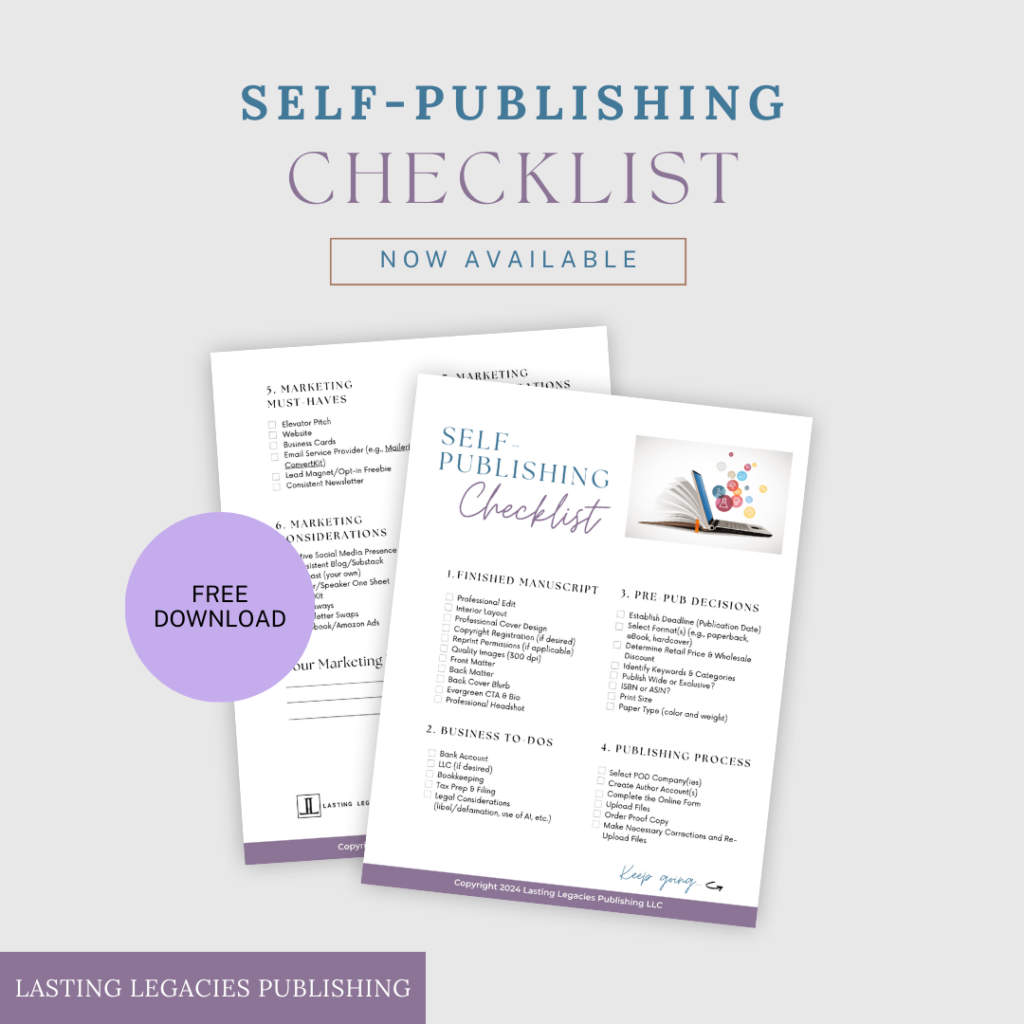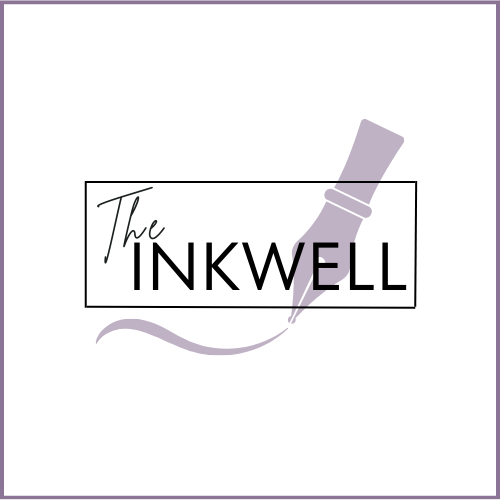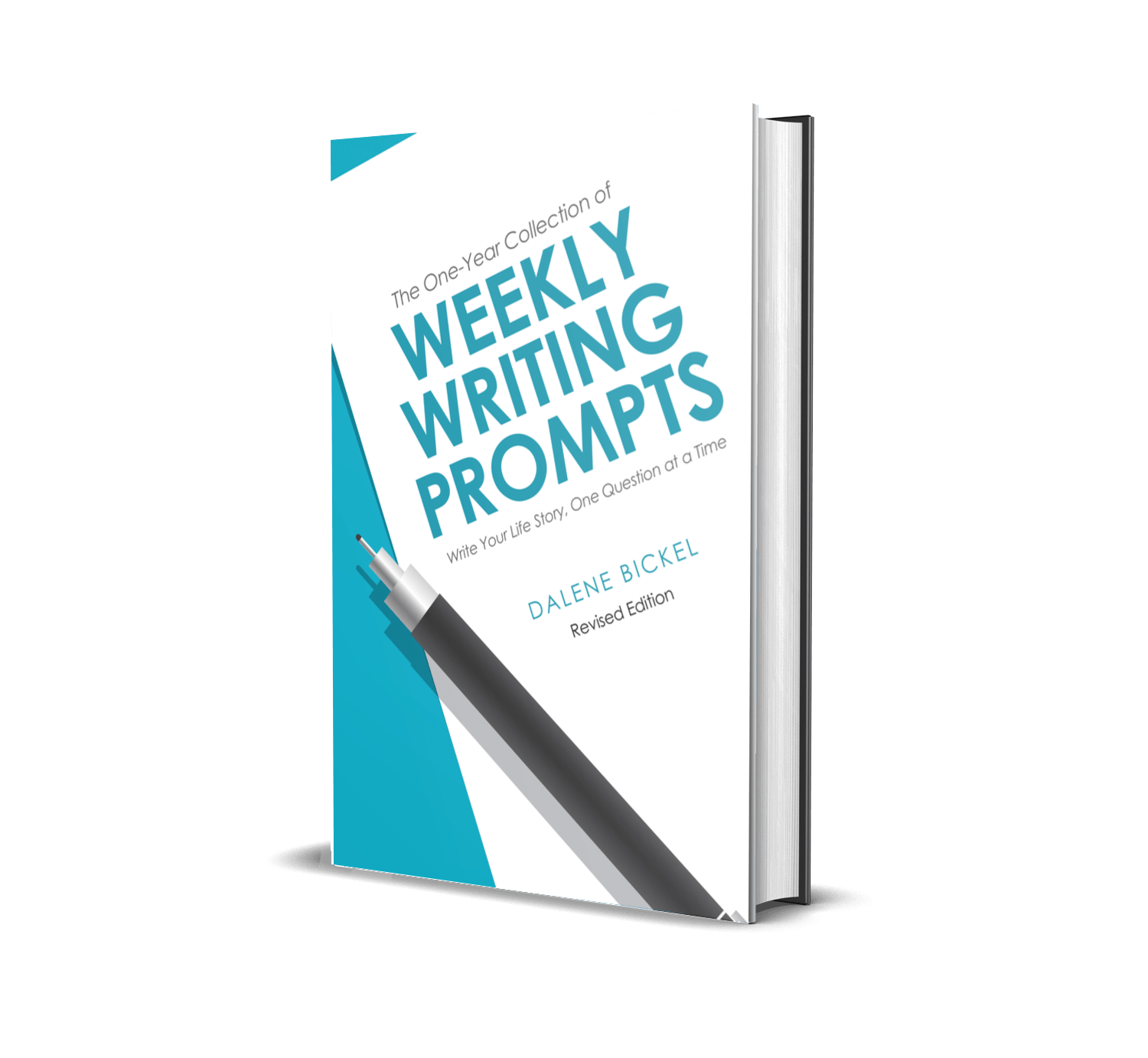LISTEN
WATCH
READ
April is Christian Book Month. I wasn’t aware of that, actually, until just the other day. Korrie Johnson, the founder who is a children’s book reviewer who started this website, GoodBookMom.com, and also she decided that April would be a fantastic month to Showcase Christian books because of Easter being in April.
I think that is a great idea and I’ve often wondered, you know, who is behind naming these designated months and days for things and I, I think just anybody can come up with these designations. And so she came up with Christian Book month and I just applaud her for that. A big shout out to you, Korrie, if you’re listening.
The highlight of this is that she wants individuals to read more Christian books and to encourage libraries to also carry more Christian books, and I thought that was really interesting because I just talked about that on last week’s episode of the Ink and Impact podcast when I was sharing Amanda Geaney’s tips for backlist titles and a couple of the suggestions were regarding libraries. And so she too, here at the GoodBookMom recommends that people request their local libraries to purchase more Christian books.
So then I was just perusing trying to get some industry updates and stats and different things. I hadn’t done that in awhile and I came across this article titled “Survey Finds Self-Published Authors Making Gains.” It was written by Jim Milliot in Publishers Weekly, and I thought this was really interesting because it, it gives a really good case for self-publishing.
As you know, I am a self-published author and I coach writers and authors through the self-publishing process. So article title caught my attention. The author refers to a recent indie author survey conducted by the Alliance of Independent Authors (Alli) that shares the earnings of indie authors; the financials.
Last year in 2022, indie authors reached “a median of $12,749.00” which was a figure higher than those of authors at traditional publishers. It goes on to say, “the most recent authors Guild survey in 2018, for example, found the median income of traditional authors to be $6,080.”
So less than half of what indie authors are making. It continues to say that “the average income of respondents was over $82,600 last year, an increase of 34%, [for self-published authors]. The discrepancy between the median and average author income is the result of outliers on both the high end of the earning pool and the low end. The report found that almost a quarter of respondents had not yet started to earn money from their writing, but 28% were generating more than six figures. Almost half of the respondents (43.8%) reported income of more than $20,000.”
So let’s say for example, that you are looking to join the ranks of those almost 50% of indie authors who earn $20,000.
Now, the drawback of course, of being self-published is that you have to pay upfront for all of your publishing costs. The editor, the designer, create your own website – all of that is something that you are required to pay for your by yourself.
So let’s take all this in into consideration. Even if you spent $7,000 to produce your book, which might sound like a lot, but let’s break it down: say $2,000 for an editor (if you’re writing a novel), $3,000 for the book cover and interior design by a professional designer, maybe $1,000 for a professional website and let’s say $1,000 for miscellaneous expenses like purchasing your ISBN and ordering author copies and your website hosting fees and your email service provider. All of those ancillary things might not add up to $1,000; it might be a little bit more depending on who you go with, what your decisions are.
But let’s just say in general, you spent $7,000 to produce this book. But if you are like half of the indie authors polled, you’re still making more than twice. What the average traditional author makes even after you subtract out your expenses. So that’s really encouraging.
Of course, income is directly related to sales, and sales are largely dependent on genre and marketing efforts.
So if you don’t promote your book or if you don’t do it well, you won’t earn much. And if you’re not writing one of the most popular genres, you won’t necessarily sell as many books as those who are.
But then again, two, we have to take into consideration that we’re Christian writers and we’re not selling to the secular masses. So there’s that to consider too.
If you’re like me, you might have wondered, what are the most popular genres? So that same article, the Publisher’s Weekly article said that the three most popular genres are
- romance
- fantasy/sci-fi/speculative
- crime/thriller/detective.
I love research and I’m always curious, caused me to go down a series of research rabbit holes to understand what speculative fiction is. I’ve heard it; I’m familiar with it being used on multiple podcasts, author podcasts, and different things. I had an idea of what it might be, but I wasn’t quite 100% sure. I wouldn’t have been able to define it to you here on this podcast.
So I looked it up. And according to fictionphile.com, it’s fiction containing ” elements that don’t exist in reality, recorded history, nature, or the present. The speculative genre also encompasses myriad themes, including supernatural, futuristic, and many other imaginative topics. Under this umbrella category, subgenres include science fiction, fantasy fiction, horror fiction, superhero, power story, and more.”
Okay. I understand that, but I’m not sure what I think about that as far as it carries over into the Christian realm. Some people will say so. I have seen some books published and talked about being speculative Christian fiction but I personally have not ever read any. If you have read some, if you’re a fan of Christian speculative fiction and can recommend some authors or books, please let me know. Email me at info@impact.com. I’m very curious.
But then my next question was about the romance category, especially when I came across an article titled, “Colleen Hoover’s Effect on Christian Romance,” another Publisher’s Weekly article.
That article was saying that some Christian romance publishers are now open to stories “with a little spice.” What does that mean exactly?
So, off I hopped down that rabbit trail again, trying to determine what “spice” meant.
I don’t know if you are interested in these things as well, so I won’t go into it on this episode. Believe me, the romance topic could be an entire episode of its own, but I just want you to know that there is opportunity for you to make a profit with your book, especially if you are an indie author willing to push past fears and insecurities, follow God’s leading, and put in the effort to market your books.
So, that concludes today’s episode. Be sure to come back next week when I discuss what to look for in a hybrid publisher with guest author, Amanda Waters.
And if you have any additional comments or suggestions about today’s topic, I welcome them. Let me know your thoughts. What are you seeing in your browsing? What articles are you coming across that are making you scratch your head and you’re wondering more about those?
If you’re not a researcher and you want to know more about it, send it my way. I love research. I told somebody the other day that if I could get paid to do research for authors and people, I would so do that.
I hope that you’ll join me next week. In the meantime, have a blessed week and keep writing!
That concludes today’s episode. Be sure to come back next week when I discuss what to look for in a hybrid publisher with guest author Amanda Waters.
And if you have any additional comments or suggestions about today’s topic, I welcome them. Let me know your thoughts. What are you seeing in your browsing? What articles are you coming across that are making you scratch your head and wondering about? If you’re not a researcher and you want to know more about it, send it my way. I love research. I told somebody the other day, if I could get paid to do research for authors and people, I would so do that.
In conclusion, I hope that you’ll join me next time. Have a blessed week and keep writing!
The Inkwell Collective
Have you signed up for the new Inkwell Collective yet?
The Inkwell Collective is a new membership community where Christian writers gather virtually to write, build their faith, establish meaningful connections, and get their book-related questions answered!
So what’s a Christian writer?
It’s anyone who is a Christian who writes. You don’t have to be writing a Bible study or devotional to join, just be a professing Christian who writes clean, God-honoring blogs and books. All genres and writing levels are welcome.
The general membership is free, and enables you to connect with fellow Christian writers. Ask questions, celebrate successes and ask for prayer 24/7. It’s like a Facebook group, but off of social media.
The paid basic membership enables you to discover the joys and benefits of writing together at one of our weekly virtual co writing sessions we have currently offered to and to participate in the live monthly Q&A sessions.
Don’t keep writing alone. Why not connect with other like minded writers?
Learn more about the Inkwell Collective. On that landing page, you will see a video tutorial so you get to see actually what it looks like inside. You can join for free to get a feel for it and see if you like it.
Come get connected with other Christian writers who don’t just support each other, but also encourage each other and grow in the Lord together.







0 Comments